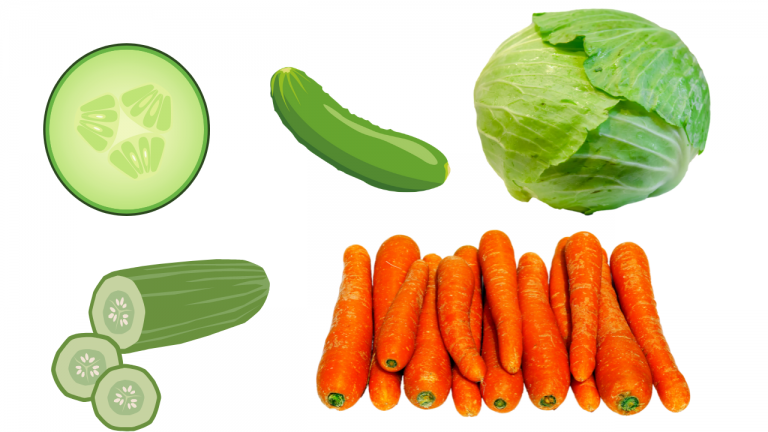Legumes (beans, lentils, peas, peanuts)

Legumes, which include beans, lentils, peas, and peanuts, are essential components of a healthy vegan diet. They are rich sources of plant-based protein, fiber, complex carbohydrates, vitamins, minerals, and various other beneficial compounds. Incorporating legumes into your meals offers numerous health benefits:
Protein Source: Legumes are an excellent source of plant-based protein, making them an essential component of a vegan diet. Protein is crucial for building and repairing tissues, supporting immune function, and producing enzymes and hormones.
Fiber: Legumes are high in dietary fiber, both soluble and insoluble. Fiber aids in digestion promotes bowel regularity, and can help lower cholesterol levels. It also contributes to a feeling of fullness, which can be beneficial for weight management.
Complex Carbohydrates: Legumes provide complex carbohydrates, which provide a steady and sustained release of energy, helping to stabilize blood sugar levels.
Vitamins and Minerals: Legumes contain various vitamins and minerals such as folate, iron, potassium, magnesium, zinc, and B vitamins. These nutrients are essential for overall health and well-being.
Heart Health: Consuming legumes regularly has been associated with a reduced risk of heart disease. Their high fiber content, low saturated fat, and cholesterol-free nature make them heart-healthy food choices.
Managing Blood Sugar: Legumes have a low glycemic index, meaning they cause a slower rise in blood sugar levels. This property can be beneficial for individuals with diabetes or those looking to manage their blood sugar levels.
Weight Management: Due to their protein and fiber content, legumes can help promote satiety, making you feel fuller for longer, which may aid in weight management.
Plant-Based Iron: Legumes are a good source of non-heme iron, which is the type of iron found in plant-based foods. Pairing legumes with vitamin C-rich foods can enhance iron absorption.
Sustainable Protein Source: Legumes have a lower environmental impact compared to animal-based protein sources, making them a more sustainable choice for protein consumption.
Including a variety of legumes in your diet is essential to benefit from their diverse nutrient profiles. Here are some examples of legumes you can include in your meals:
Beans: Black beans, kidney beans, chickpeas, navy beans, pinto beans, and more.
Lentils: Brown lentils, green lentils, red lentils, and black lentils.
Peas: Green peas, split peas, yellow peas.
Peanuts: While technically a legume, peanuts are often used as nuts in culinary applications.
Legumes can be cooked and used in a wide range of dishes, including soups, stews, salads, curries, and even plant-based burgers. They are versatile, affordable, and delicious additions to any vegan diet.



